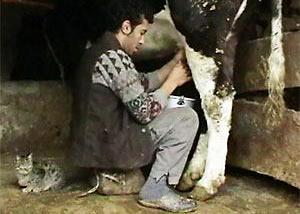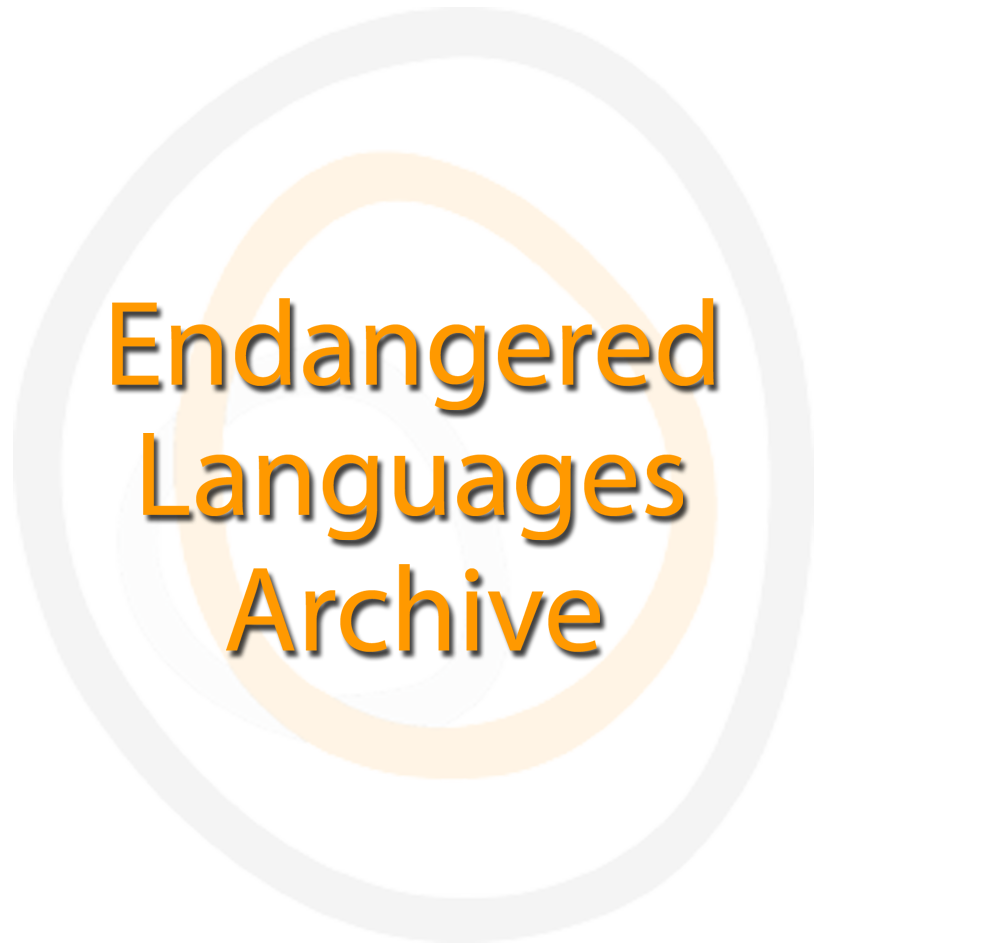Documentation of the language and lifestyle of the Galesh

Landing page image for the collection “Documentation of the language and lifestyle of the Galesh”. Click on image to access collection.
| Language | Mazandarani, Ziarati, Galeshi |
| Depositor | Carina Jahani |
| Affiliation | Dept. of Linguistics and Philology, Uppsala University, Sweden |
| Location | Iran |
| Collection ID | 0094 |
| Grant ID | PPG0043 |
| Funding Body | ELDP |
| Collection Status | Collection online |
| Landing Page Handle | http://hdl.handle.net/2196/2397f934-5701-403c-a41d-3a0ea6420d9e |
Summary of the collection
The Galesh are herdsmen in the Alborz mountains. Their total number is unknown, but diminishing rapidly due to the modernisation of the Iranian society. The collection includes documentation collected as part of a project investigating if the language of the Eastern Galesh in Golestan is similar to any of the languages of the settled population in the area or if it should be regarded as a language of its own. In Galeshi there are many terms for husbandry and dairy production, which are not found among the agriculturalists. Since the lifestyle of the Galesh is severely threatened this project will document important aspects of it before it is too late.
Group represented
The Galesh cow-herding community in the Ziarat valley, Golestan, Iran
Language information
There is a group called the Galesh in the Alborz mountains of the northern provinces, Gilan, Mazandaran, and Golestan, Iran, whose language and culture is severely endangered due to modernisation of the local economy and lifestyle. The Galesh are herdsmen, who previously lived a semi-nomadic gender segregated life. The wives and children settled in the nearest village, and only the men went to the their workplace or in search of new seasonal pastures for their cows. The dialect spoken by the Galesh in Ziarat, which can be described as a variant of Mazandarani, is under heavy influence from Persian. Persian influence can be observed at all levels of morphosyntax as well as in the vocabulary. However, Ziarati still retains its Mazandarani identity, which can be observed particularly in the verb system.
Collection contents
The collection contains a set of interviews with people whose lifestyle has undergone drastic changes in the past 50 years, from a cooperative system of cow herding to individual possession of a few cows or total abandoning of the traditional lifestyle. This change is well described by five people who have experienced it themselves. There is also a professional film, which shows traditional methods of dairy production as well as daily life in Ziarat, religious ceremonies, cooking, weaving etc. and many photos.
Other information
Outputs of the documentation project include the following monograph which includes five life stories from a Galesh community in the village of Ziarat, situated in the Province of Golestan, east of the Caspian Sea in Iran.
Shokri, G. Jahani, C. & Barani, H. (2013). When Tradition Meets Modernity: Five Life Stories from the Galesh Community in Ziarat, Golestan, Iran. In Studia Iranica Upsaliensia, 21, Acta Universitatis Upsaliensis. ISSN 1100-326X; urn:nbn:se:uu:diva-207630
The texts are presented in phonemic transcription with English and Persian translations and a grammatical sketch. The three appendices consist of one text in phonetic transcription, a glossary, and notes on the photos and film found on the CD accompanying the book. The sound files of the five texts are also included on the CD.
Acknowledgement and citation
This collection was submitted by Carina Jahani, Guiti Shokri, Uppsala University, Sweden, and Hossein Barani, Gorgan University, Iran.
To refer to any data from the collection, please cite as follows:
Jahani, Carina. 2011. Documentation of the language and lifestyle of the Galesh. Endangered Languages Archive. Handle: http://hdl.handle.net/2196/00-0000-0000-0001-C953-8. Accessed on [insert date here].


